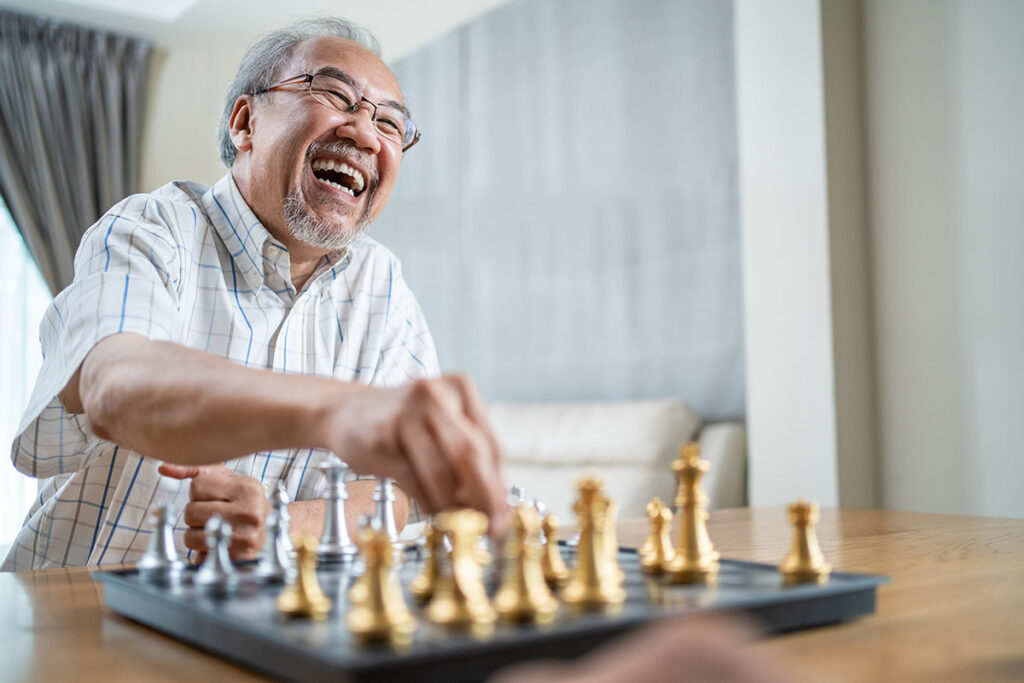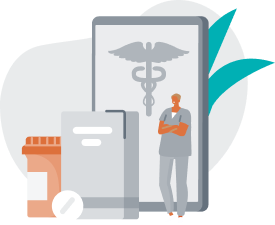Neurology at a glance.
Neurology is a specialized branch of medicine focusing on diagnosing and treating nervous system disorders. This essential system includes the brain, spinal cord, and extensive nerve network, managing everything from basic functions to complex cognitive processes.
Neurological conditions can affect anyone, highlighting the need for compassionate and thorough care. Their impact can range from mild discomfort to debilitating symptoms affecting daily life. Treatment is diverse and may include medications, physical therapy, lifestyle changes, or surgery.
We have expertise in supporting these neurological conditions:
- Amyotrophic lateral sclerosis (ALS)
- Chronic inflammatory demyelinating polyneuropathy (CIDP)
- Myalgic encephalomyelitis
- Guillain-Barré syndrome (GBS)
- Multifocal motor neuropathy (MMN)
- Multiple sclerosis (MS)
- Myasthenia gravis (MG)
- PANS and PANDAS
- Stiff person syndrome
Expertise and specialized care at every step of your healthcare journey.
Our specialty pharmacy and infusion services offer people with neurological conditions the convenience, comfort, and access to the care they deserve. We’re here to guide patients every step of the way so they receive the best possible treatment and unwavering support.
Clinical support services

Personalized Care Plans
Our clinical team creates a personalized care plan that takes a holistic view of each patient—considering diagnosis, disease progression, symptoms, medical history, current medications, demographics, and lifestyle—to help maximize the benefits of their prescribed therapy.

Ongoing Assessments
Patient’s overall condition, disease progression, medication impact, and any side effects or adverse reactions are monitored by our start-of-care and ongoing assessments.

Infusion Monitoring and Support
We closely monitor patient infusions before, during, and after treatment to address questions, concerns, and any potential side effects or adverse events.

Infusion Supplies and Equipment
We provide all necessary equipment and supplies so patients can take their medications as instructed.

24/7 Pharmacy Support
Our clinical experts are available 24/7 to answer questions and address any concerns throughout treatment.

Side Effect Monitoring and Support
We help patients manage side effects and communicate any reactions to their providers to determine the best path forward.
Patient support services

Insurance and Benefit Support
Our patient care coordinators (PCCs) guide patients through their benefit summaries, provide financial and copay assistance, and optimize prescriptions for processing.

Prior Authorization and Appeal Assistance
If a patient’s insurance requires prior authorization or an appeal, we coordinate and submit the paperwork on their behalf.

Financial and Copay Assistance
We believe cost should never be a barrier to treatment. Our financial coordinators assess each patient’s needs and help explore options to cover medication costs. We adhere to all state and federal guidelines for financial assistance with medication.

Efficient Medication Delivery
Patient safety and comfort are among our top priorities. We offer medication delivery to a patient’s home, provider’s office, or one of our infusion centers for convenient administration.
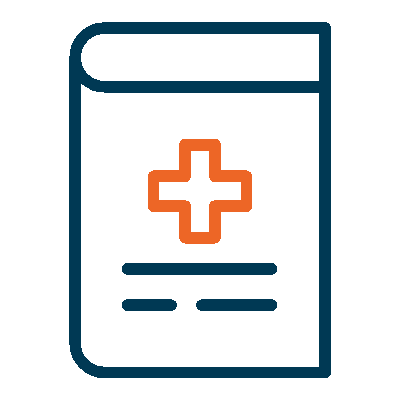
Continuous Education and Counseling
Our highly trained team offers ongoing education and counseling on conditions and medications to provide peace of mind and support adherence.
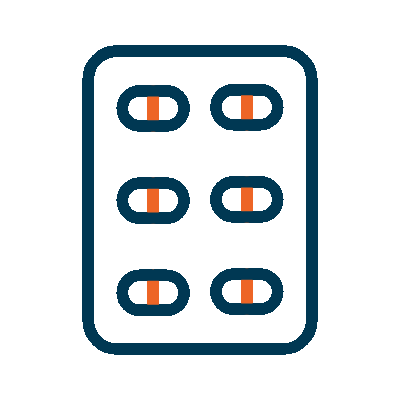
Medication Refill and Adherence Support
Our proactive, timely refill reminders help ensure patients never miss a dose.
Comprehensive medications and biosimilars for effective neurological care
With specialized expertise in specialty therapies and medication administration, CSP delivers personalized, high-quality care tailored to each patient.
Supporting every step of the treatment journey, we provide access to the latest medications and collaborate closely with healthcare providers to deliver improved health outcomes. Check out the list of medications and biosimilars that we offer.
Contact us to learn more about our full range of medications and biosimilars.
Medications
- Rituxan
- Dimethyl
- Fabrazyme
- Gammaked
- Gammagard
- Glatiramer
- Hizentra
- Ocrevus
- Privigen
- Solinris
- Tysabri
- Ultomiris
- Uplizna
- Vyvgart
Biosimilars
- Ruxience
- Truxima
You are more than a diagnosis—Get started with CSP today.
At CSP, our goal is to help you return to an empowering routine. Through comprehensive clinical and patient services, we handle the complexities of managing neurological conditions so you can focus on what matters most.
Are you curious about your insurance coverage for specific treatments? Our experienced team is here to investigate your benefits on your behalf.
Do you have questions about your medications? We can provide the answers and support you need—just fill out our brief online form.
Contact CSP for reduced stress, clear options, and peace of mind on your healthcare journey.
We’ve Got What
You Need to Know

What Is a Specialty Pharmacy?
You may have heard the term “specialty pharmacy” before, but what does it really mean? A specialty pharmacy focuses on providing medications for more complex…
…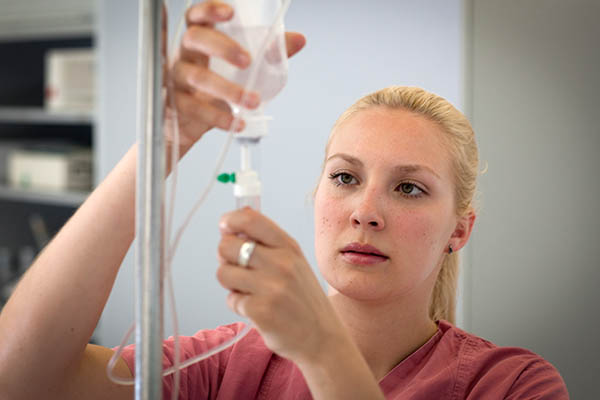
IVIG Treatment for Neuropathy
We know that neuropathy can be a lot to deal with. Nervous system diseases and neuromuscular disorders affect the nerves and can lead to symptoms…
…
What is IVIG Infusion?
The idea of IVIG infusion might sound complex, but it’s a trusted therapy that helps support your immune system when it needs a boost. Intravenous…
…
